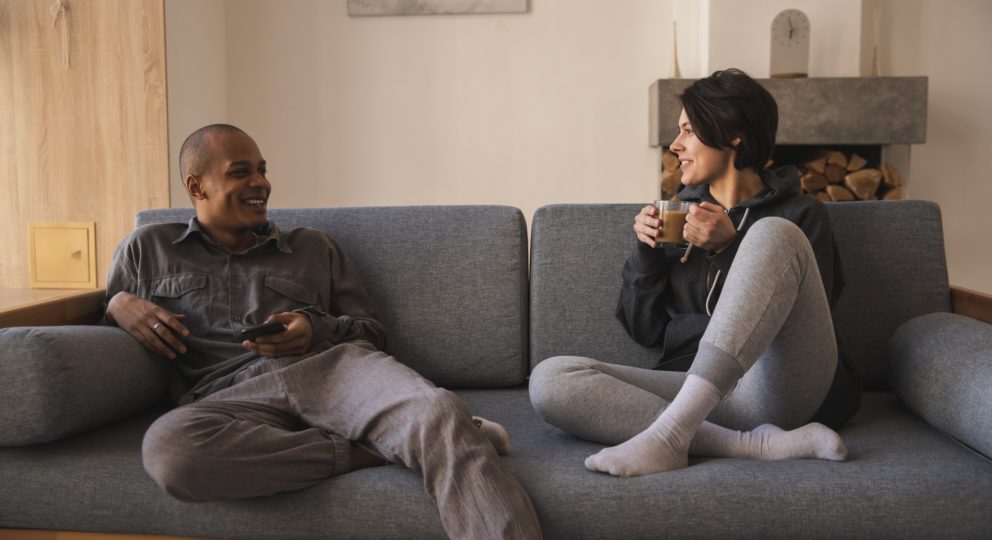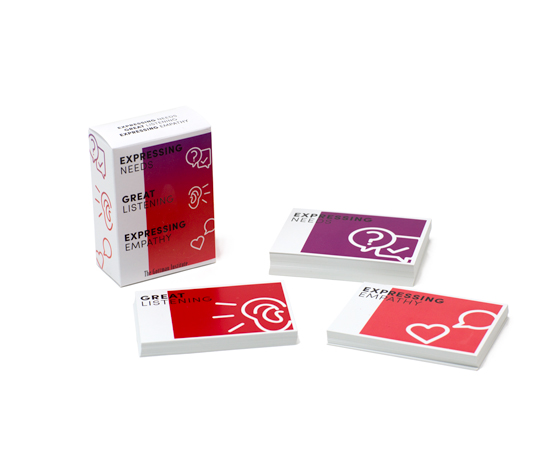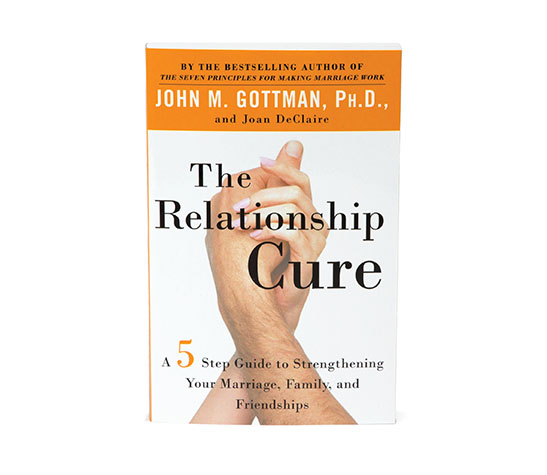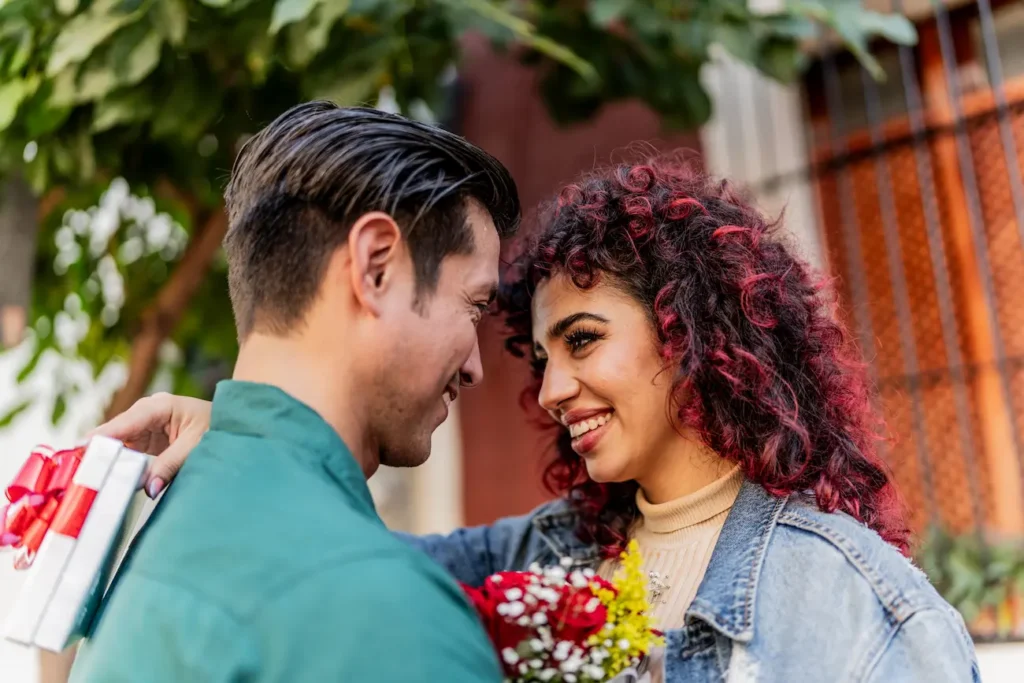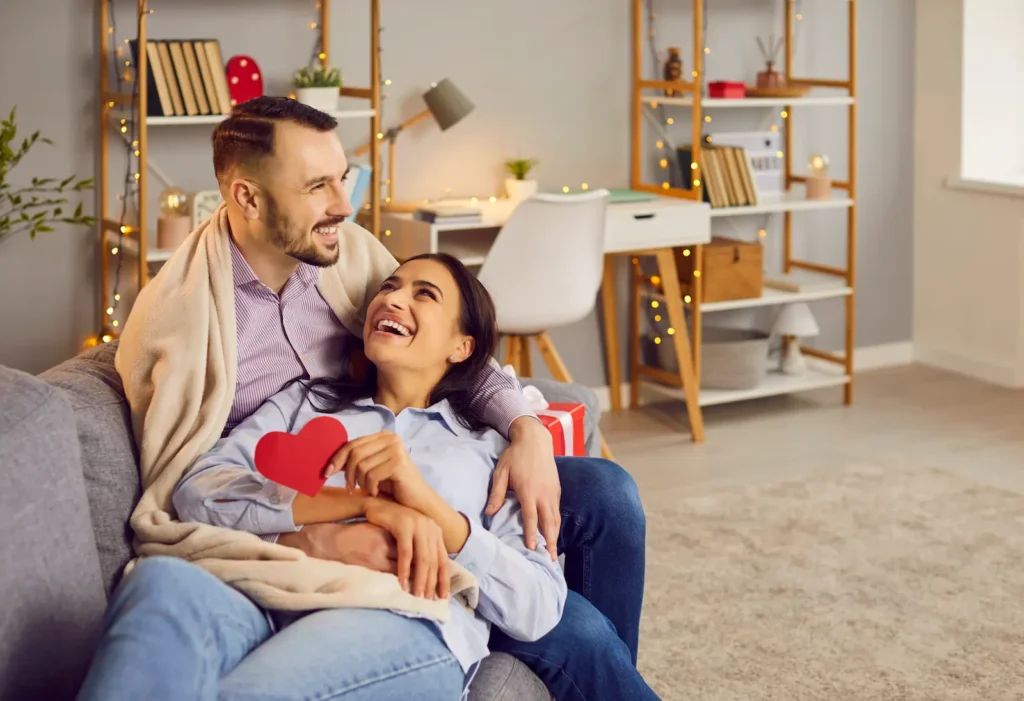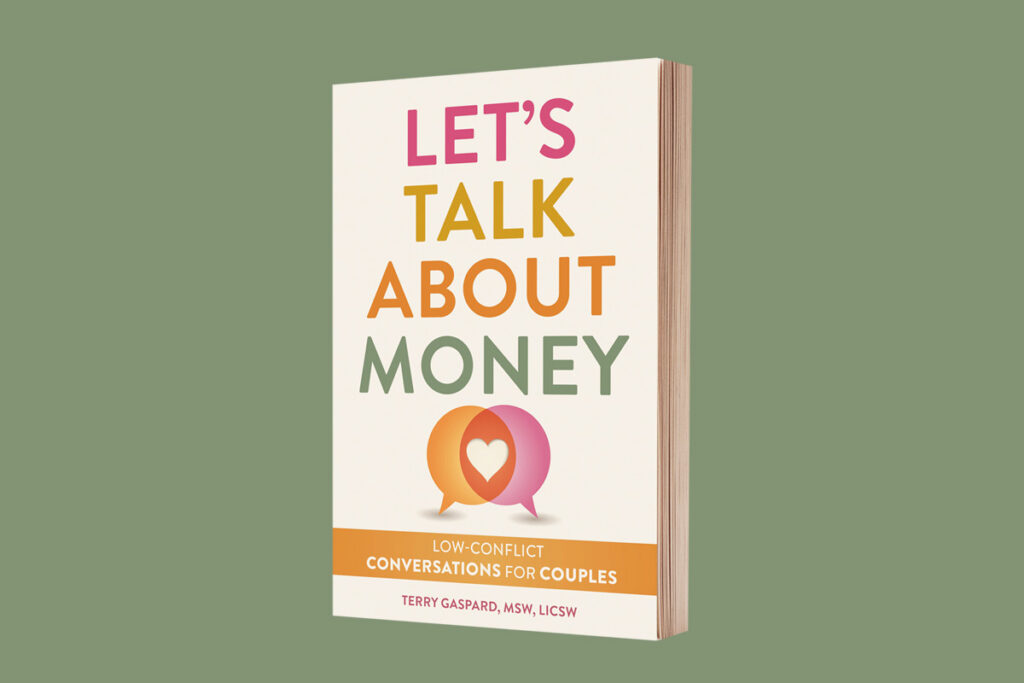Do you want to create a richer connection with your partner? To have those conversations that are intimate and meaningful? Are you shutting down opportunities for a deeper relationship with someone you love by the way you talk with them?
Wait, I’m sorry. Let me try those questions again.
How do you connect better with people? Recount a time when you had a meaningful conversation. What kinds of questions elicit a deeper engagement?
Questions for Deeper Connection
There’s a colloquial expression: it’s not what you say, but how you say it. Although the tone of our questions is important, the actual questions themselves are the key to engaging conversations. Read the first paragraph of this article again. How can someone respond to the questions in this first paragraph? They are all closed-ended questions, which typically prompt simple one-word answers, so what you say does matter.
All of us have been the one uncomfortably asking questions of the person we want to impress or connect with, only to find ourselves running the conversation into a brick wall. These types of questions narrow down the possible responses to a version of either yes or no. When you ask closed-ended questions, you lead your conversation partner down a path that severely limits opportunity for depth and connection.
So, in what ways are closed-ended questions a part of those conversations? How can we free ourselves from this limited way of speaking?
The Power of Open-Ended Questions
There is a very simple strategy in how you talk with your loved ones that can enhance your ability to create better conversations—especially with your partner—and that is to ask open-ended questions. The idea of open-ended questions comes from Miller and Rollnick’s Motivational Interviewing, which is a widely accepted form of dialogue that enhances the participant’s motivation to accept change. But open-ended questions are not only good for therapy; they are also key to fostering engaging conversations in our everyday lives.
To better enhance the opportunity for deeper, richer conversation, according to Miller and Rollnick, you have to work on your phrasing of questions. Open-ended means that the questions cannot be appropriately answered with a simple “yes” or “no.” Open-ended questions do not begin with “do” or “did,” which generally prompt a simple answer; open-ended types of questions usually begin with these words:
- How did you…
- In what ways…
- Tell me about…
- What’s it like…
If you have a teenage child, imagine asking them this question at the end of the day: “Did you have a good day today?” Do you think that will prompt a thrilling conversation where your teen opens up to you about all their hopes and dreams? Of course it won’t. Instead, you could try: “In what ways did you feel accomplished today?”
Asking open-ended questions encourages the person you’re conversing with to think critically and therefore to be more engaging, because open-ended questions allow the respondent, not the asker, to control the response.
Intimate Communication
When it comes to romantic relationships, asking open-ended questions is especially important, and The Gottman Institute’s methods encourage couples to ask open-ended questions of each other on a regular basis to deepen their intimacy. Let’s imagine those moments in a romantic relationship where connection is difficult, where busyness is the norm, yet you long for a rich conversation with your partner like you used to have.
You turn to your partner and ask, “Do you feel happy with our relationship right now?” How does someone begin to answer this question when it might seem so reductive? Let’s reword this question to be more open-ended and see how it evokes conversation: “In what ways do you feel happy with our relationship?” This open-ended example provides a much more constructive setting to better know what is going well in the relationship.
Which brings us to this: better conversation is more vulnerable and more intimate conversation. It is very difficult to share your thoughts and emotions by answering closed-ended questions, but with open-ended questions, the door for deeper connectedness is flung wide open. Granted, you cannot force someone to be open and honest and share their deeper selves, but you can create an atmosphere that invites deeper connection.
Open-ended questions require us to be engaged in what we are saying. And when we are engaged in what we are saying, we create better and more meaningful conversation.
The Gottman Card Decks App
Need some guidance on how to ask open-ended questions of your partner? Download our free Gottman Card Decks, a relationships app that includes our popular Love Maps, Open-Ended Questions, and more virtual card decks to help you and your partner connect and deepen your intimacy.
The NEW Gottman Relationship Adviser takes the guesswork out of improving your relationship. Measure your relationship health with a research-based self-assessment, then receive a tailored digital plan proven to heal and strengthen your connection.
